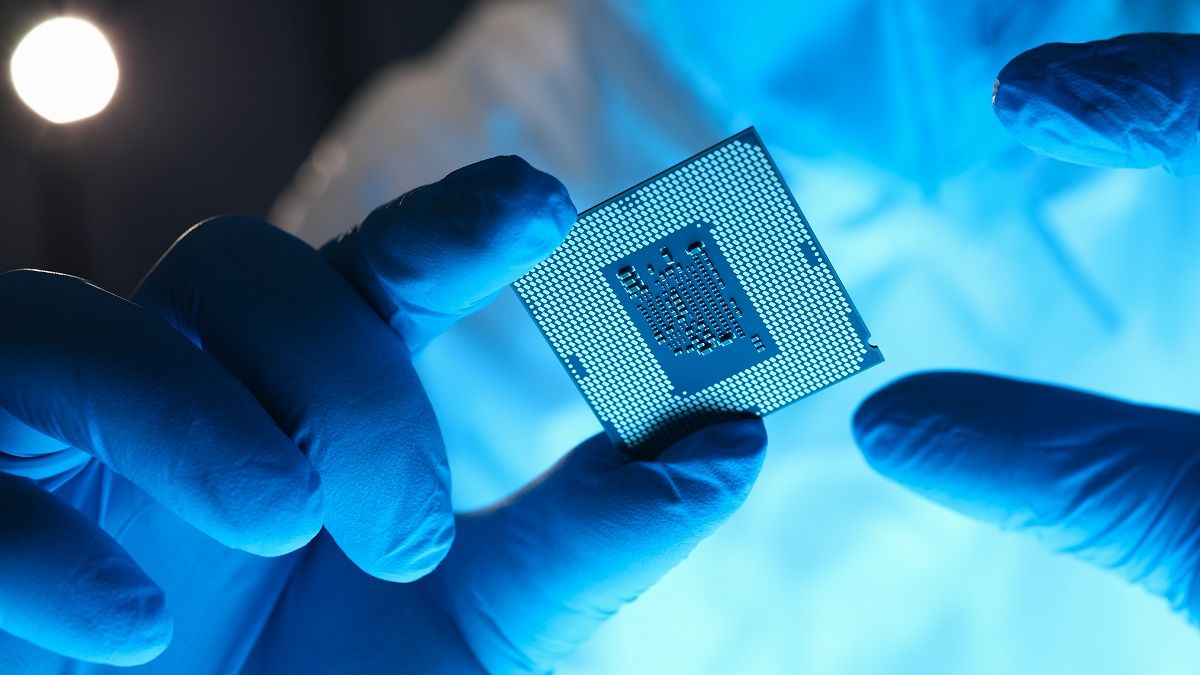Computer giant Intel has said it is going to invest up to €80bn within the European Union along its semi-conductor value chain.
The money, said Intel this week, will go towards projects encompassing research and development all the way to manufacturing. The company plans to invest €17bn as a first step, building a new semi-conductor fabrication site in Germany. It also plans to create a new hub in France for research and development, along with design. It will also put money into R&D, manufacturing, and foundry services in Ireland, Italy, Poland, and Spain.
Pat Gelsinger, chief executive of Intel, said: “Our planned investments are a major step both for Intel and for Europe. The EU Chips Act will empower private companies and governments to work together to drastically advance Europe’s position in the semiconductor sector. This broad initiative will boost Europe’s R&D innovation and bring leading-edge manufacturing to the region for the benefit of our customers and partners around the world. We are committed to playing an essential role in shaping Europe’s digital future for decades to come.”
In the initial phase, Intel plans to develop two first-of-their-kind semiconductor fabrication plants in Magdeburg, Germany. Planning will start immediately, with construction expected to begin in the first half of 2023 and production planned to come online in 2027, pending European Commission approval.
In total, Intel said it plans to spend more than €33bn on these manufacturing investments. The company said it was laying the groundwork to bring various parts of the semiconductor value chain closer together and increase supply chain resiliency in Europe.
Olaf Scholz, chancellor of Germany, welcomed the move.
In a written statement, Scholz said: “Germany welcomes Intel and the significant investment the company plans to make, creating 3,000 high tech jobs and many more along the value chain. The first of its kind fab site in the EU would help rebalance global silicon capacity and create a more resilient supply chain.”
While the news is welcome, it had been reported by Expert investor for some time that Intel was planning to increase its production facilities within Europe. In January, we said that the company was looking to produce next-generation microchips a third smaller than those made by Asian manufacturers.
Reporting from last year in Handelsblatt said that the shortage in computer chips using in manufacturing was leading to a ‘bottleneck’ in German car production. Back then, the paper was speaking to Wolfgang Göbel, president of the European industry association ECG, who said that orders for new cars had collapsed since the end of the summer. This was caused by a dearth of the microchips needed in production, he added, and the problem was spreading across Europe.
“The lack of microchips is causing the number of deliveries across Europe to shrink enormously,” reported Handelsblatt. “In the UK, new registrations for all cars fell by almost 35% in September, while the number of new car registrations across Germany was 26% below the previous month. The figures for 2021 are not even expected to reach the weaker level of the previous year due to the pandemic, believes the president of the Association of Car Importers (VDIK), Reinhard Zirpel.”
For more on this story, please see our earlier reporting.
As Expert Investor noted back in July, “It appears that we have two separate movements coming together in a confluence—a shake-out of the economic effects of the coronavirus pandemic and what happens when the development of technology moves beyond its capacity for production.”







